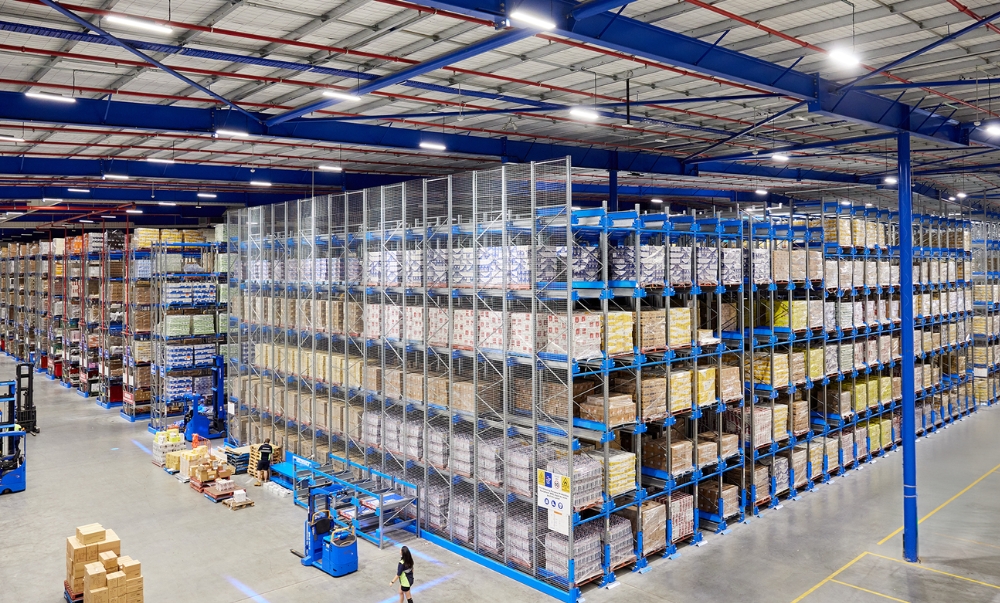Managing logistics in the beverage industry involves more than just moving stock from A to B. Navigating government regulations, bonded requirements, excise duties, temperature sensitivities and fluctuating volumes means that logistics quickly becomes a specialised discipline.
For many beverage suppliers and distributors, handling this in-house can be cost-prohibitive and operationally complex. That’s why an increasing number of companies in the sector are turning to experienced Third-Party Logistics (3PL) providers to handle the operational load, particularly end-to-end providers like Mainfreight, whose infrastructure and industry understanding align closely with beverage market needs, not just in Australia but across multiple countries.
So, what exactly does a 3PL do?
At its core, a 3PL directly manages key supply chain functions including warehousing, transportation, fulfillment and distribution. Unlike fourth-party logistics providers (4PLs), which typically coordinate logistics through subcontractors, a 3PL operates the facilities and transport services themselves, offering greater control, accountability and responsiveness.
In Mainfreight’s case, this includes a network spanning 27 countries, over 1.1 million square metres of warehousing space, and purpose-built infrastructure tailored to meet specific industry requirements, like beverages.

How the Beverage Industry Benefits from Working with a 3PL Like Mainfreight
The beverage industry presents unique logistics challenges — from seasonal demand spikes to strict compliance and the need for rapid, reliable distribution. Mainfreight has capabilities that address these demands head-on:
Temperature-controlled warehousing
Whether it’s premium wine, craft beer or chilled non-alcoholic beverages, maintaining product integrity is non-negotiable. Mainfreight offers temperature-controlled and ambient facilities that keep products within required ranges from storage to delivery.
Bonded warehousing
For importers or exporters, bonded warehousing is essential for managing excise and customs duties. Mainfreight’s bonded facilities allow beverage businesses to store dutiable goods under bond, helping defer payment of taxes until the point of distribution.
Scalability and SKU flexibility
Beverage businesses often deal with high SKU counts, changing pack formats and varying promotional cycles. Mainfreight’s infrastructure is built to scale with these needs, adapting to both ongoing volume and one-off surges.
Integrated technology and visibility tools
Through Mainfreight’s in-house customer portal, Mainchain, beverage businesses gain real-time insights into inventory, shipment status and delivery timelines, crucial for planning, compliance and retail readiness.
In-house fulfillment and faster response times
With control over warehousing and transport, Mainfreight removes layers of coordination, reducing delays and allowing for faster resolution when issues arise. That agility matters when shelves need to be restocked quickly.
Worldwide reach, local capability
Whether you’re distributing domestically or expanding into new international markets, Mainfreight’s international footprint and regional expertise support a smooth path to market, helping navigate everything from customs to delivery in different countries.
Sustainability
Mainfreight's analytics platform, Maintel, provides beverage companies with real-time visibility into supply chain emissions, helping them meet sustainability goals and comply with environmental regulations through accurate data.
For beverage companies balancing growth, compliance and customer expectations, a capable 3PL can make all the difference. As the sector continues to grow and demand greater supply chain agility, logistics providers like Mainfreight offer a compelling alternative to managing it all in-house.
To find out if Mainfreight has the right solution for you, visit https://www.mainfreight.com/australia/en-nz.
Mainfreight is a Silver Partner of the Drinks Association.